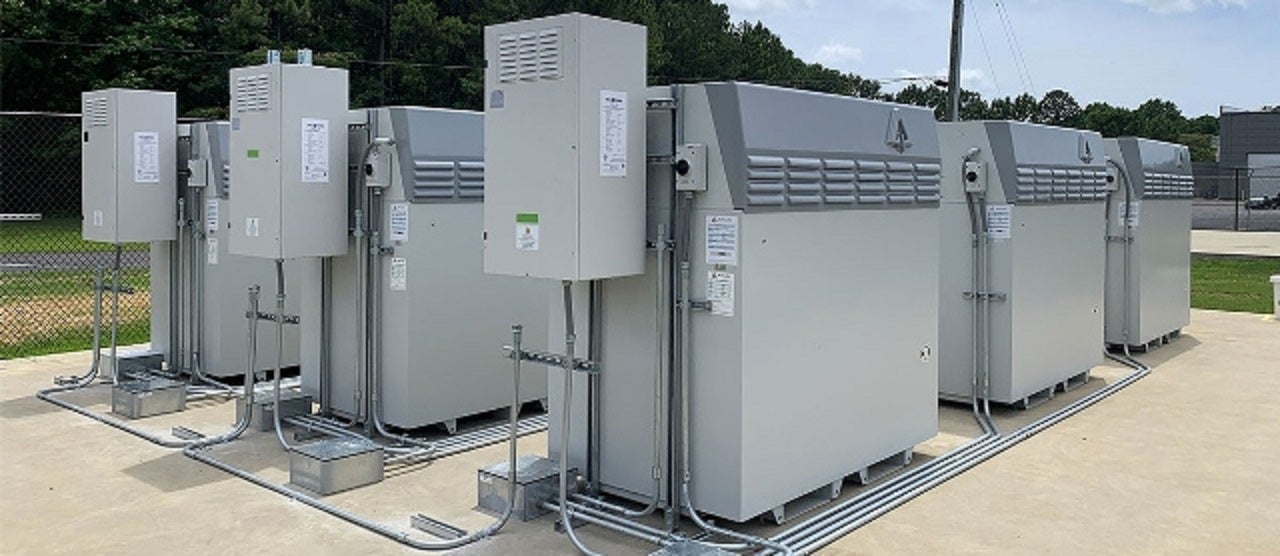
The European Marine Energy Centre (EMEC) in Scotland is set to deploy Invinity Energy Systems’ 1.8MWh flow battery at its tidal energy test site on the island of Eday to produce continuous green hydrogen.
Invinity’s vanadium flow batteries (VFBs) are stationary energy storage devices that can supply hours of continuous power.
How well do you really know your competitors?
Access the most comprehensive Company Profiles on the market, powered by GlobalData. Save hours of research. Gain competitive edge.

Thank you!
Your download email will arrive shortly
Not ready to buy yet? Download a free sample
We are confident about the unique quality of our Company Profiles. However, we want you to make the most beneficial decision for your business, so we offer a free sample that you can download by submitting the below form
By GlobalDataBy deploying the flow battery, EMEC aims to power its hydrogen production plant and ensure uninterrupted hydrogen production using renewable energy.
Once deployed at the site, the system will store clean electricity generated by tidal turbines during high power periods and discharge it during low power periods.
EMEC claims that it will be the world’s first project that will combine flow battery technology with tidal power to produce green hydrogen.
EMEC managing director Neil Kermode said: “EMEC’s core purpose is to demonstrate technologies in new and inspired ways to decarbonise our energy system.
“This is the first time that a flow battery will have been coupled with tidal energy and hydrogen production, and will support the development of the innovative energy storage solution being developed in the Interreg NWE ITEG project.”
Invinity’s modular flow battery system is financially backed by the Scottish government through Highlands and Islands Enterprise (HIE).
It will be assembled at Invinity’s manufacturing facility in Bathgate, West Lothian, and features eight VS3 battery modules that will be integrated into a single system.
The project should be online next year.
Invinity chief commercial officer Matt Harper said: “We are thrilled to be part of this Scottish success story, showcasing the best of clean energy technology, backed by Scottish Government, designed and assembled in West Lothian by highly qualified Scottish engineers and installed in the Orkney Islands.
“This project is truly groundbreaking. Because of their inherent variability, all renewable energy sources – including wind, solar and tidal – have difficulty providing the consistent power that industrial processes like electrolysis need to operate most effectively.”




